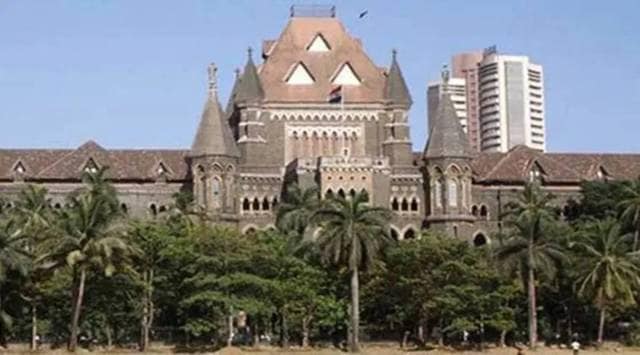Parents accept sexual identity after trans-person moves HC
The parents said that they will give their child "the love and affection and will support him in every way, by giving emotional, mental and physical support, as well as any other support, including supporting the petitioner's educational pursuits."
 The judges heard the petitioner and his mother and father in chambers, where the petitioner stated that his parents have accepted his sexual identity and he is residing with them for the last 20 days. (Representational/File)
The judges heard the petitioner and his mother and father in chambers, where the petitioner stated that his parents have accepted his sexual identity and he is residing with them for the last 20 days. (Representational/File) After a transgender person, who is female by birth and identifies herself as trans-man, approached the Bombay High Court seeking direction to the state authorities and police to provide help and protection as and when his parents harass and torture him, the petitioner’s parents accepted his sexual identity and assured to support him.
On June 13, a division bench of Justice Revati Mohite-Dere and Justice Gauri Godse was hearing a plea by a trans person, who was represented by advocates Anubha Rastogi and Rachita Padwal, seeking directions to Mumbai Police and state Department of Social Justice and Special Assistance, seeking directions to help him as and when required.
He also sought directions to authorities to ensure he gets his documents and belongings back from his parents so that he can continue his education. The petitioner alleged that he did not disclose his identity to the parents fearing non-acceptance by the family. When his parents learnt about his sexual identity, they started harassing and threatening him, prompting him to leave the residence and move to a shelter home.
As the petitioner was keen on pursuing his education and as he apprehended harm to himself, he moved the HC seeking relief. The judges heard the petitioner and his mother and father in chambers, where the petitioner stated that his parents have accepted his sexual identity and he is residing with them for the last 20 days.
The parents said that they will give their child “the love and affection and will support him in every way, by giving emotional, mental and physical support, as well as any other support, including supporting the petitioner’s educational pursuits.”
In light of this, the petitioner’s lawyers did not press for prayers and sought leave to withdraw the petition. They also sought liberty to approach the authorities, including the police, in future in case their assistance is required. The bench disposed of the plea noting that “it is always open for the members of the shelter home to visit the petitioner, as and when required.” The bench also allows the petitioner to approach the police station if any situation arises in future, requiring necessary protection and help from the police and authorities.




































